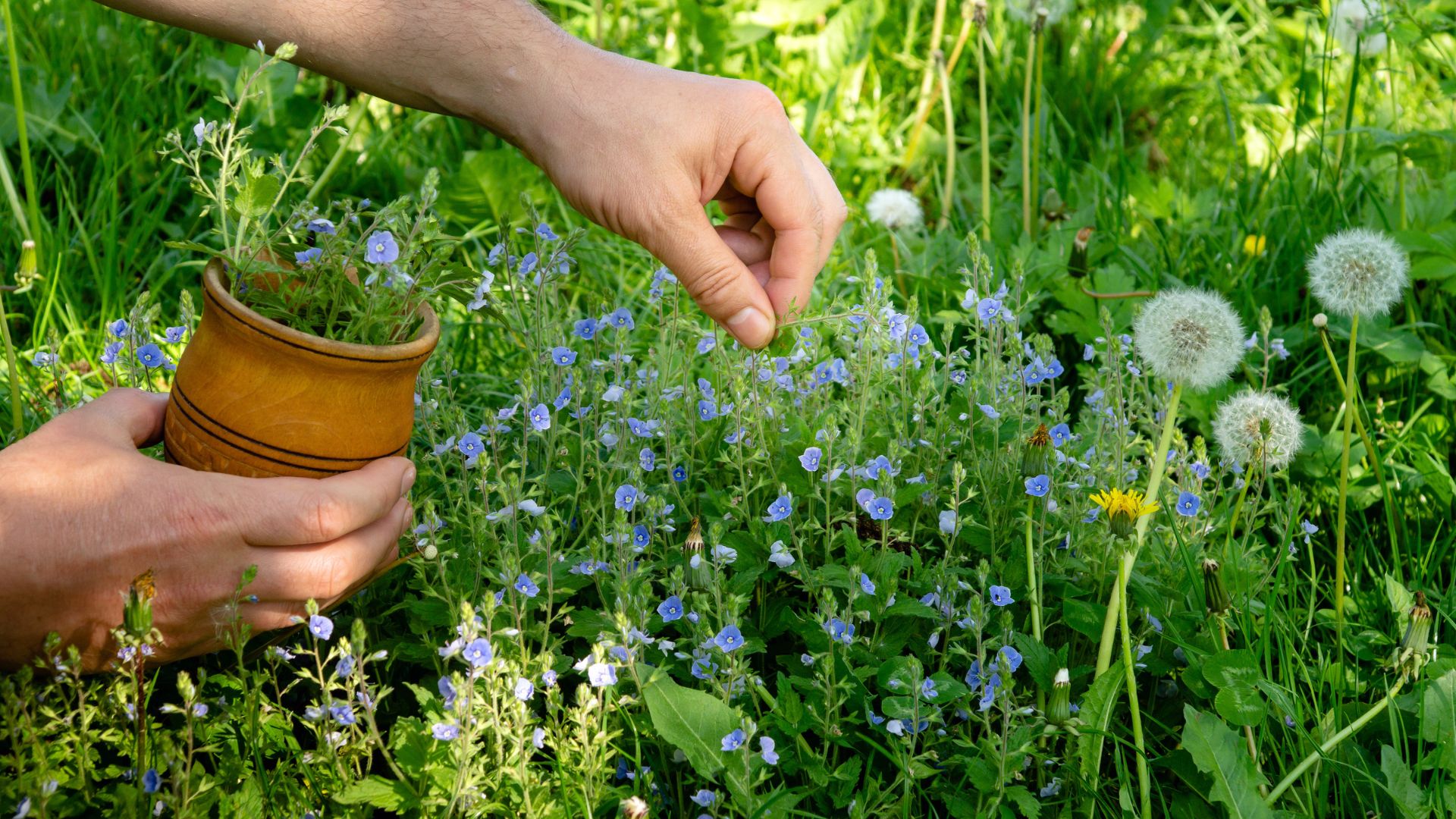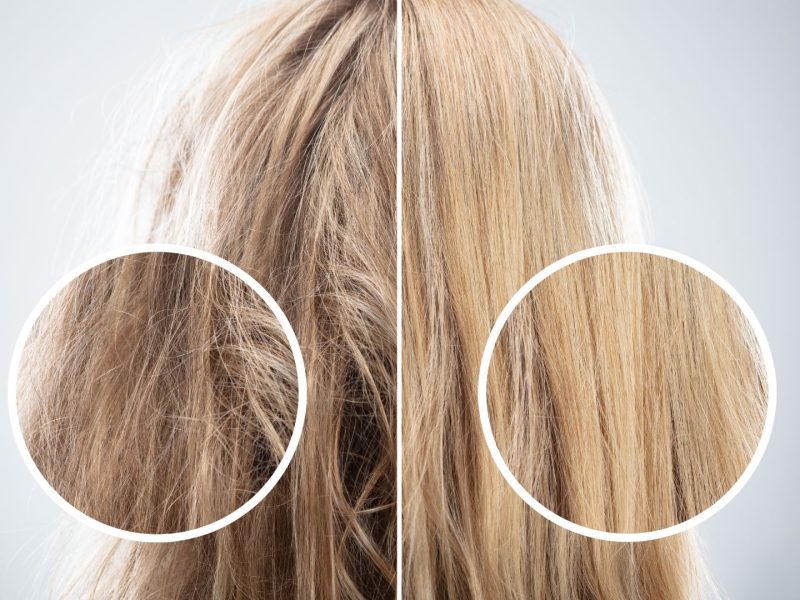As both a practicing physician and an avid gardener, I’ve spent my career bridging the gap between conventional medicine and traditional herbal remedies. Through my medical training and years of clinical experience, I’ve observed how certain herbs can complement modern healthcare practices. Today, I’ll share my professional insights on the top 10 medicinal herbs that I recommend to my patients for their home gardens.
The Science Behind Herbal Medicine
Before prescribing any treatment, whether conventional or herbal, it’s crucial to understand the underlying mechanisms. Many of these herbs contain bioactive compounds that have been extensively studied in clinical settings. As a doctor, I’ve seen how integrating these natural remedies with modern medicine can provide comprehensive care approaches.
Evidence-Based Medicinal Herbs for Your Garden
1. Lavender (Lavandula angustifolia)
In my clinical practice, I’ve observed significant anxiety reduction in patients who use lavender therapeutically. Research supports its efficacy through:
- Documented effects on GABA receptors, similar to some anti-anxiety medications
- Clinical studies showing improved sleep quality
- Demonstrated antimicrobial properties in laboratory settings
- Validated effectiveness in treating mild burns and insect bites
Growing tip: For optimal therapeutic compounds, ensure proper air circulation and full sun exposure.
2. Peppermint (Mentha piperita)
Clinical trials have consistently shown peppermint’s effectiveness in treating various gastrointestinal conditions. I often recommend it to patients for:
- IBS symptom management (supported by multiple randomized controlled trials)
- Tension headache relief when applied topically
- Upper respiratory tract decongestion
- Muscle pain relief due to its natural cooling properties
Growing tip: Container growing prevents cross-pollination, ensuring consistent medicinal potency.
3. Chamomile (Matricaria chamomilla)
The therapeutic benefits of chamomile are well-documented in medical literature. My research review indicates effectiveness for:
- Mild to moderate anxiety disorders
- Sleep onset insomnia
- Gastrointestinal inflammation
- Topical treatment of minor skin conditions
Growing tip: Maintain optimal soil pH (5.6-7.5) for maximum flavonoid content.
4. Echinacea (Echinacea purpurea)
Clinical studies have demonstrated immunomodulatory effects of Echinacea. In my practice, I recommend it for:
- Upper respiratory tract infection prevention
- Reduction of cold symptom duration
- Enhanced immune system response
- Wound healing acceleration
Growing tip: Stressed plants often produce higher levels of beneficial compounds.
5. Sage (Salvia officinalis)
Recent clinical trials have shown promising results regarding sage’s cognitive effects. Research supports its use for:
- Cognitive enhancement in healthy adults
- Antimicrobial activity against oral pathogens
- Menopausal symptom management
- Blood sugar regulation support
Growing tip: Regular pruning increases essential oil concentration.
6. Thyme (Thymus vulgaris)
The active compound thymol has been extensively studied for its therapeutic properties. Clinical evidence supports its use for:
- Bronchial infection treatment
- Natural antimicrobial applications
- Antispasmodic effects
- Upper respiratory tract support
Growing tip: Alkaline soil increases thymol content.
7. Calendula (Calendula officinalis)
In my dermatology rotations, I observed remarkable results with calendula preparations. Research validates its use for:
- Wound healing acceleration
- Radiation-induced dermatitis treatment
- Anti-inflammatory applications
- Immune system modulation
Growing tip: Harvest flowers at peak bloom for maximum medicinal compounds.
8. Lemon Balm (Melissa officinalis)
Clinical studies demonstrate significant anxiolytic properties. Evidence supports its efficacy for:
- Anxiety disorder management
- Sleep quality improvement
- Cognitive performance enhancement
- Herpes simplex treatment
Growing tip: Morning harvest maximizes essential oil content.
9. Rosemary (Rosmarinus officinalis)
Neurological studies have shown promising results regarding rosemary’s cognitive effects. Research indicates benefits for:
- Memory enhancement through acetylcholine regulation
- Circulation improvement
- Neuroprotective properties
- Antimicrobial applications
Growing tip: Moderate water stress increases beneficial compound production.
10. Holy Basil/Tulsi (Ocimum sanctum)
Clinical research supports its adaptogenic properties. Studies demonstrate effectiveness for:
- Stress response modulation
- Blood glucose regulation
- Immunomodulatory effects
- Anti-inflammatory applications
Growing tip: Regular pruning increases adaptogenic compound concentration.
Clinical Considerations for Herb Cultivation
Optimal Growing Conditions for Medicinal Potency
Based on phytochemical research, I recommend:
- Soil testing for optimal mineral content
- Stress management for maximum therapeutic compound production
- Proper timing of harvest based on bioactive compound cycles
- Appropriate drying and storage protocols to preserve medicinal properties
Quality Control and Standardization
As a physician, I emphasize the importance of:
- Regular soil testing for contaminants
- Proper plant identification using botanical characteristics
- Documentation of growing conditions and harvest dates
- Standardized processing methods
Medical Safety Advisory
As a practicing physician, I must emphasize:
- Always consult healthcare providers before starting any herbal treatment
- Maintain detailed records of herb usage and any reactions
- Be aware of potential drug-herb interactions
- Understand contraindications for specific medical conditions
Conclusion
As a medical professional who bridges traditional and modern medicine, I’ve seen firsthand how these herbs can complement conventional treatments. While maintaining my commitment to evidence-based medicine, I encourage patients to explore these well-researched botanical remedies. Remember that herbal medicine should be approached with the same rigor and respect as conventional treatments.
Important medical disclaimer: This information is for educational purposes only and should not replace professional medical advice. Always consult with qualified healthcare providers before starting any new treatment regimen.



